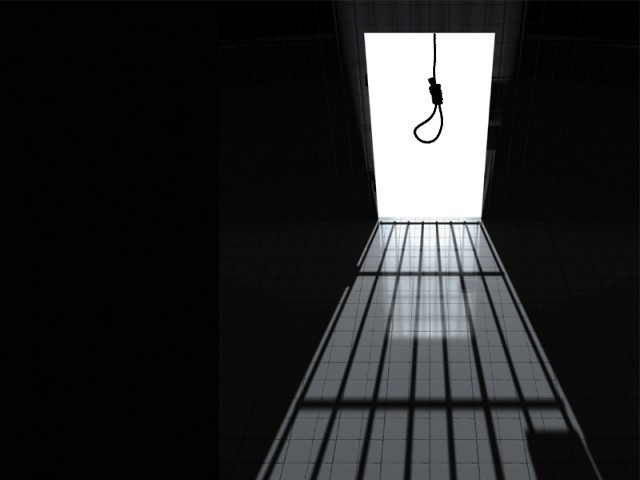PM lifts ban on death penalty in terrorism cases
Decision comes following attack in school on Peshawar which left 141 dead

The assault on the army-run school, the deadliest terror attack in Pakistan's history, has triggered widespread revulsion.
Political and military leaders have vowed to wipe out the militants who have killed thousands of citizens in recent years.
"The prime minister has approved abolishment of moratorium on the execution of death penalty in terrorism-related cases," an official from Prime Minister Nawaz Sharif's office said.
Hanging remains on the country's statute book and judges continue to pass the death sentence, but a de facto moratorium on civilian executions has been in place since 2008.
Only one person has been executed since then, a soldier convicted by a court martial and hanged in November 2012.
Rights campaign group Amnesty International estimates that Pakistan has more than 8,000 prisoners on death row, most of whom have exhausted the appeals process.
Supporters of the death penalty argue that it is the only effective way to deal with the scourge of militancy.
The courts system is notoriously slow, with cases frequently dragging on for years, and there is a heavy reliance on witness testimony and very little protection for judges and prosecutors.
This means terror cases are hard to prosecute, as extremists are able to intimidate witnesses and lawyers into dropping charges.
Even when militants are locked up, they are often either freed soon afterwards on bail or able to continue their activities from behind bars.
In June last year the newly elected government scrapped the moratorium in a bid to crack down on criminals and militants.
But two weeks later it announced a further stay of executions after an outcry from rights groups and the then-president Asif Ali Zardari.
European Union officials indicated last year that if Pakistan resumed executions, it could jeopardise a highly prized trade deal with the bloc.
An EU rights delegation warned it would be seen as a "major setback" if Pakistan restarted hangings.



















COMMENTS
Comments are moderated and generally will be posted if they are on-topic and not abusive.
For more information, please see our Comments FAQ